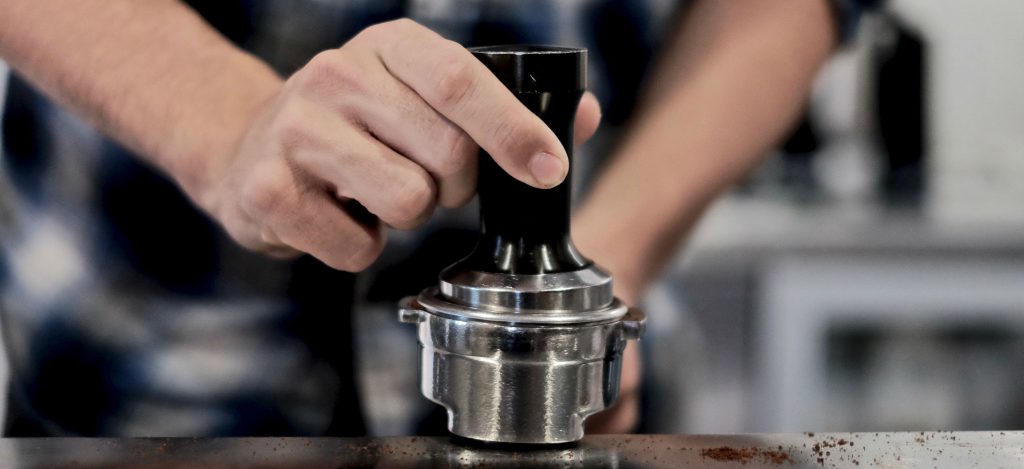By Rachel Northrop, Ally Coffee
Specialty coffee is growing up. The specialty sector of coffee companies (ranging from international powerhouses like Starbucks to local single-location cafes like Gotham Roasters) started decades ago with waves of excitement over how roasted coffee beans could present terroir-specific flavor profiles based on where the original coffee was grown, comparable to wine.
What followed were waves of advancement in brewing and espresso technology, traceability and fair trade purchasing, and developments in more precise roasting to bring out all the diverse tastes of coffees grown in different locations.
Clear Goals, Easy Choices
But, sometimes these waves of excitement conflicted with each other or with what customers want. Is it possible to pay farmers living wage but keep coffee affordable? Is it possible to roast and brew perfectly, with repeatability to serve hundreds of cups during the morning rush? Each specialty coffee café, retailer, and roaster has had to find their answers to those quandaries.
Now, as specialty coffee continues to mature, the many businesses that make up this vibrant segment of the coffee industry have honed their respective focuses by prioritizing their criteria.
Know What Brings People In
If sustainable coffee is the most important draw for customers, then that becomes the core criteria for buying everything from coffee to disposable (or not) flatware and cups. This might mean prices are a bit higher or portions are a bit smaller.
If affordability is the key criteria for a coffee business’s patrons, then it’s understandable that there might not be full traceability down to the name of the farmer for every coffee on the menu.
If unique flavor profile and variety are key, then know that coffees will rotate seasonally and customers might not be able to buy the same bag of beans or cup of joe each time they shop or visit.
If coffee as a terrior-defined drink is the sole focus, then customers who want lattes and smoothies will go elsewhere.
If creating a community space is paramount, then counter space might have to go to stools and customer seating rather than to seven kinds of pour over equipment.
Running a Business
The topic of this year’s World Coffee Portal CEO Forum is turning craft enterprises driven by the passion of artisans into viable businesses. To make this transition is to ask tough questions and make tough choices. Do I buy local for more or order parts from China to cut costs? Am I willing to reduce the number of SKUs in order to scale? Will I have to cut staff salaries to expand into a new region? Should I focus on farmer’s markets or online retail?
Review and Evolve
Every choice that is made must be made carefully, but it doesn’t have to be made forever. The best specialty coffee businesses, the ones that have hung on since the term was first coined, are those that know how to evolve. Specialty coffee now has the wisdom of years to reflect upon, and with experience, things will only continue to get better.


Submit a comment
Your email address will not be published. Required fields are marked *
There are 0 comments